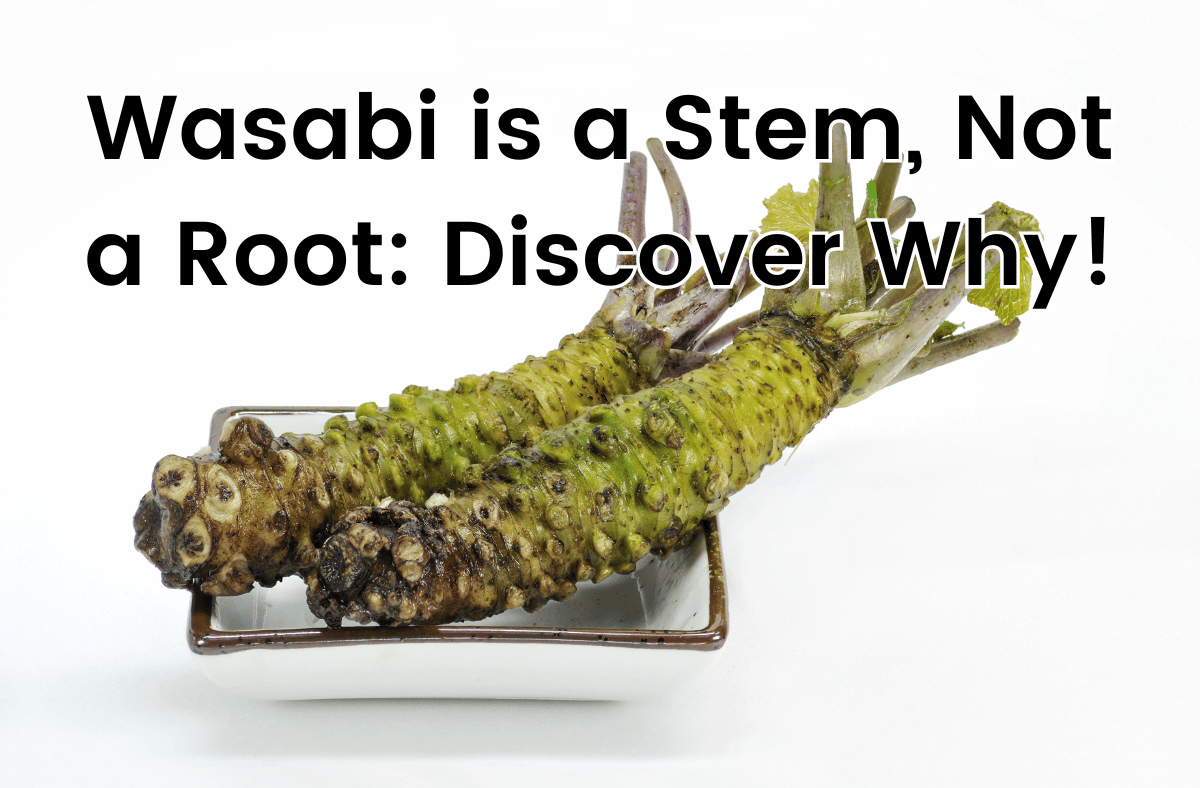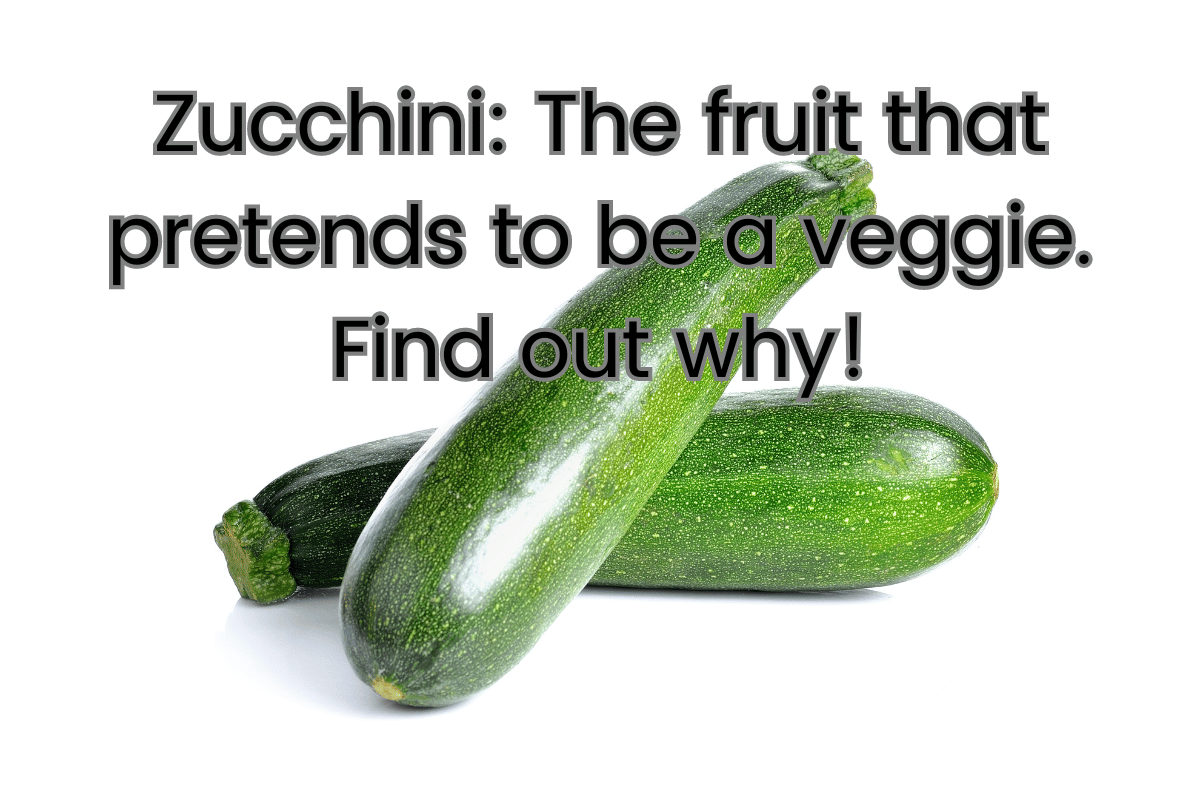For those in a hurry
- Chestnuts are the edible nuts of trees and shrubs that belong to the Castanea genus.
- They are low in fat and high in vitamin C, antioxidants, fiber, and complex carbs.
- They have many health benefits, such as improving heart health, digestion, blood sugar control, and immunity.
- They can be eaten raw, roasted, boiled, or ground into flour.
- They can also be used to make beer, coffee, soap, and other products.
The Extraordinary World of Chestnuts: A Seed of Infinite Possibilities
Chestnuts, often associated with cozy autumn days and warm firesides, are not just a delicious seasonal treat. These versatile seeds have been utilized in an array of surprising ways, ranging from the creation of flour and beer to the production of coffee and soap. In this article, we explore the diverse applications of chestnuts and unveil the remarkable versatility hidden within this unassuming seed.
Flour: A Nutritious Alternative
They can be ground into a fine powder, resulting in a gluten-free and nutrient-rich flour. This chestnut flour serves as a valuable substitute in baking, offering a subtly sweet and earthy flavor that complements a variety of recipes.
Chestnuts Beer: Crafting a Chestnut Brew
The culinary potential of chestnuts extends beyond the kitchen. These seeds can also be utilized in the brewing process to create unique and flavorful chestnut beer. The incorporation of chestnuts adds depth and complexity to the brew, resulting in a distinct beverage enjoyed by beer enthusiasts around the world.
Coffee: A Surprising Brew
Chestnuts have even found their way into the world of hot beverages. Roasted chestnuts can be ground and brewed into a coffee-like beverage, offering a rich and aromatic alternative to traditional coffee. This chestnut brew provides a comforting and caffeine-free option for those seeking a unique taste experience.
Chestnuts Soap: Nourishing Skincare Solutions
Harnessing the natural properties of chestnuts, the oils extracted from these seeds can be utilized in soap-making. Chestnut oil possesses moisturizing and nourishing qualities, making it an excellent ingredient for soaps that promote healthy and hydrated skin. The use of chestnut-based soaps allows for a soothing and rejuvenating bathing experience.
Culinary Delights: Beyond the Basics
Beyond flour, beer, coffee, and soap, chestnuts can be utilized in an array of culinary creations. From savory dishes like soups, stews, and stuffings to sweet treats like chestnut pastries and desserts, the versatility of chestnuts adds a unique touch to various cuisines around the world.
A Sustainable and Nutritious Choice
They offer more than just culinary versatility; they are also an environmentally friendly and nutritious choice. These seeds are low in fat, rich in fiber, and packed with vitamins and minerals, making them a wholesome addition to a balanced diet.
Conclusion:
From Flour to Soap: Embracing the Chestnut’s Versatility
In conclusion, the chestnut is a seed that truly embodies versatility. From flour to beer, coffee to soap, and an array of culinary delights, this unassuming seed has woven its way into various aspects of human life. The adaptability of chestnuts not only provides us with delicious and diverse options but also offers sustainable and nourishing alternatives. So, the next time you savor the flavors of chestnuts, remember the vast possibilities hidden within this remarkable seed, and let it inspire you to explore its multifaceted potential.






















